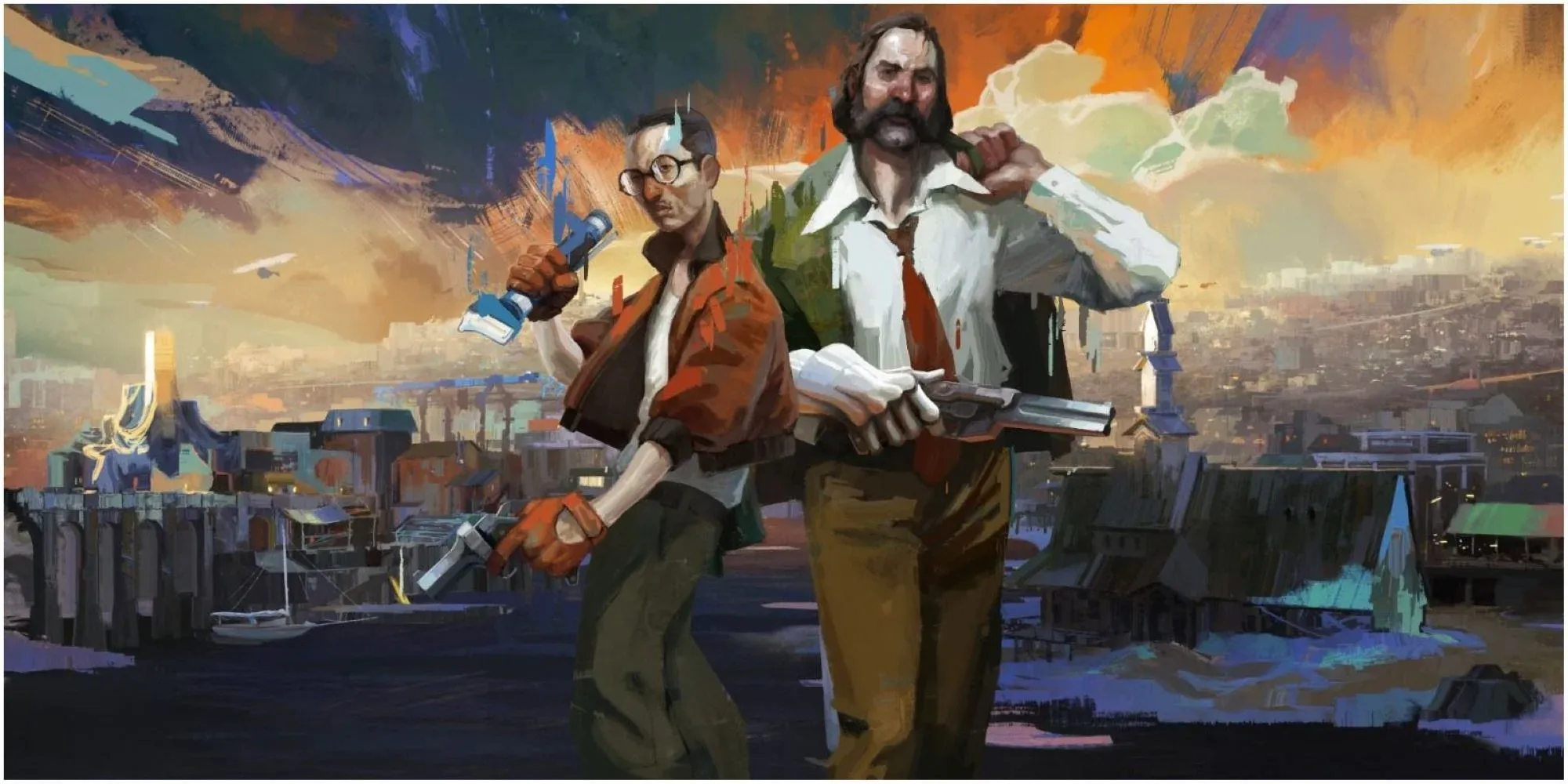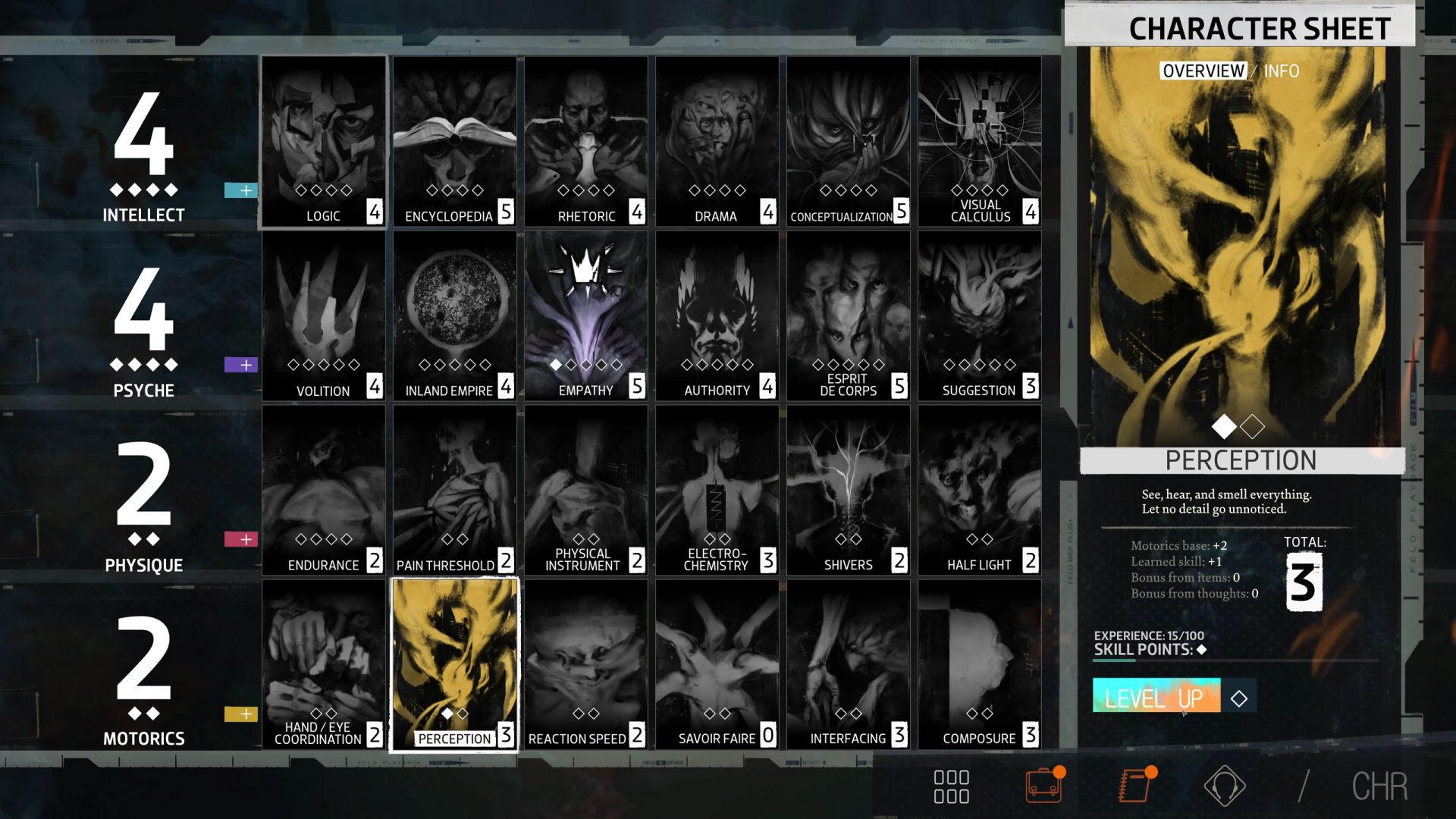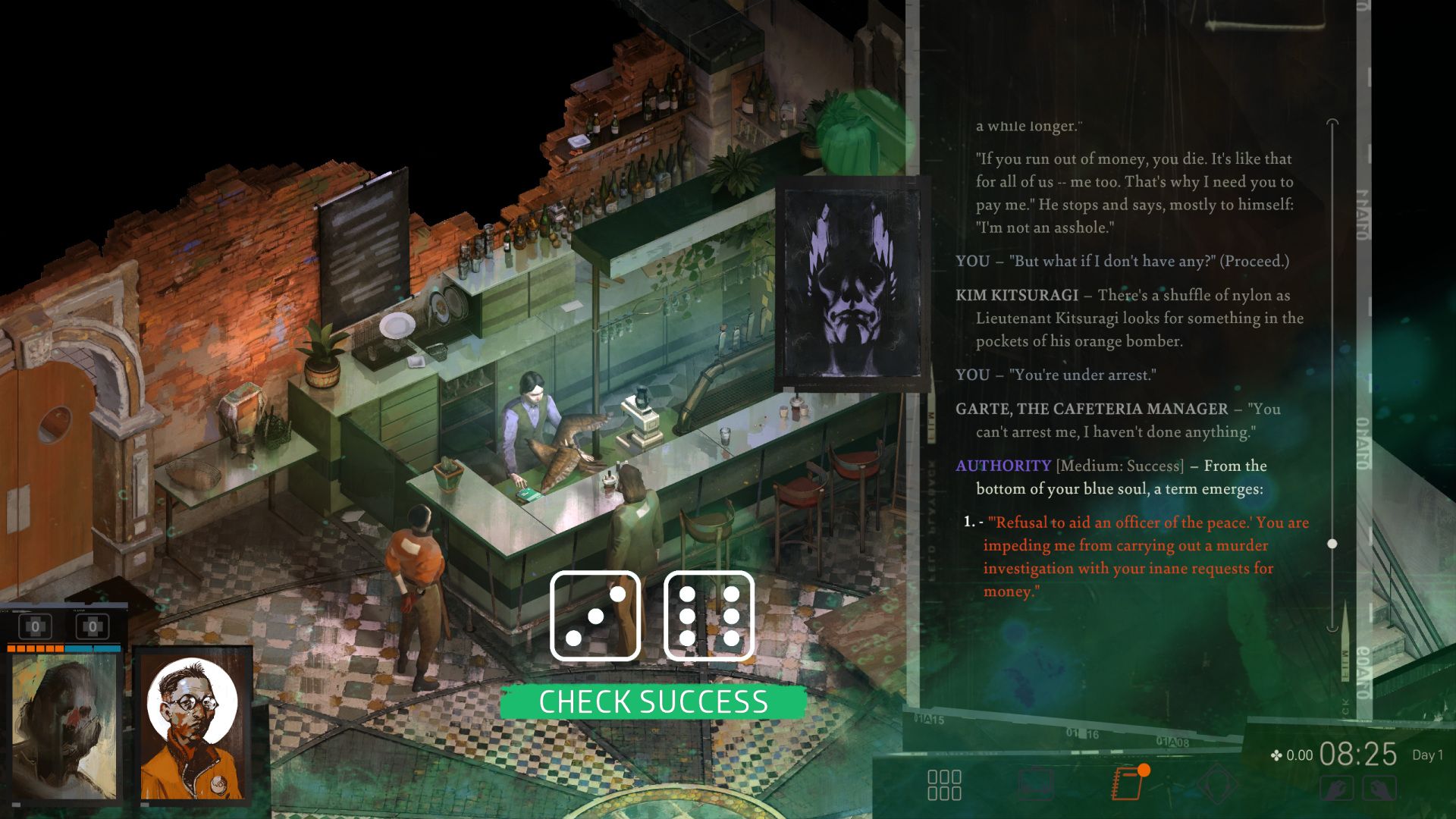Ever since its release in 1974, Dungeons & Dragons has been an iconic tabletop role-playing game that is enjoyed the world over. D&D is a phenomenon often referenced in shows and movies and even has dedicated websites, channels, and podcasts that amass thousands of followers. However, despite its in-depth mechanics and creative nature, D&D had yet to see an accurate representation in video games until Disco Elysium came around and changed this niche genre.
Developed and published by independent game studio ZA/UM, Disco Elysium is an isometric dialogue-focused mystery RPG, wherein players take on the role of a detective uncovering the truth behind a lynching. It was released in 2019 and received positive reviews and won multiple awards. Another version called Disco Elysium: The Final Cut was released two years after, which improved the overall quality and added new animations and voiceovers for more than 1.2 million words across dozens of characters.
The critically acclaimed Disco Elysium stood out from other indie games due to its story and mechanics. As mentioned before, gamers play as a detective looking for the killer behind a murder. However, this detective has lost all his memories after a week-long bender of drugs and alcohol. Along with the investigation, gamers are tasked with regaining their memories and deciphering the identity of the detective. Interestingly, the amnesia plays in favor of the story and plot since the detective can be molded into whatever the player chooses him to be, ranging from a boring, righteous cop to a superstar never-sober corrupt officer.
Furthermore, Disco Elysium is a heavy dialogue-based video game where players are expected to read the text and pay attention to statements and testimonials. Luckily, some details can be pointed out by the game through the detective’s different mental characters. The game offers level-up points that players can invest into different mental personalities that exist in the detective’s mind, with each personality influencing the gameplay and story. For instance, if players choose to level up their Drama skill, then the detective is more prone to lie and manipulate emotions. Meanwhile, if gamers invest in the Electrochemistry skill, then the detective is encouraged to take drugs and alcohol. These different systems are what ultimately make Disco Elysium a replayable game wherein each playthrough is bound to be different from the previous one.
During gameplay, Disco Elysium will occasionally give players physical and mental checks to perform a certain action, similar to the D&D system. These checks have success percentages that are determined by the relevant skill as well as story elements and bonuses that come from interacting with the world. When performing these checks, the game displays dice that signal whether the check was successful or not, which is bound to keep any D&D fan interested. There are two types of checks in-game, which are white and red checks with the prior being repeatable while the latter can only be rolled once.
Dungeons & Dragons campaigns are flexible, often changing in accordance with the players’ decisions and actions. Similarly, Disco Elysium‘s story is driven by player choice, meaning that depending on the side-quests completed and dialogue options chosen, the game will unfold differently. In total, there are 24 endings and hundreds of hidden scenes and quests that can only be attained by taking the time to understand the world of Disco Elysium and its characters. The game’s quests can be creatively approached such that the players’ knowledge is the determining factor in how the mission turns out. It is through these different alternatives, that Disco Elysium guarantees that no matter what build or path players choose, they will always find a method to beat the game.
Interestingly, the game also pays homage to Dungeons & Dragons through a dedicated character called the Dice Maker. Players can find her nestled in a hidden area inside a secluded commercial area. After talking to her, she explains that she makes a steady living through dice-making for people interested in role-playing games. The Dice Maker also provides insight onto “Fortress Accident,” which is a sub-plot concerning a failed startup that wanted to create a remote RPG capable of being played through the radio. After the initial pleasantries, players can buy a selection of dice from the Dice Maker, each affecting the game in different ways. These instances showcase that Disco Elysium’s developers deeply care about D&D and have used it as a resource for their game.
Essentially, Disco Elysium is a detective RPG where players need to find the killer and discover themselves through captivating dialogue, tense scenes, and witty humor. When these factors are paired with the game’s highly customizable mechanics and adaptive story, it feels as if it has been specifically crafted for the player and their preferred play style. Ultimately, these aspects are what make Disco Elysium one of the best adaptations of Dungeons & Dragons as a video game, rendering it a must-play for any fan.


